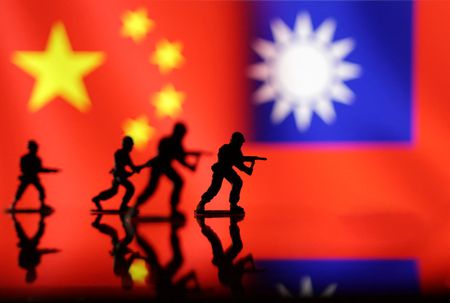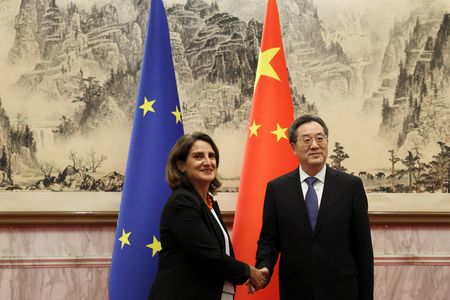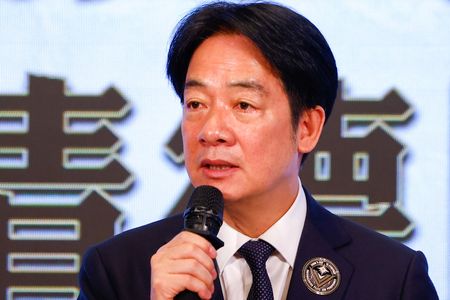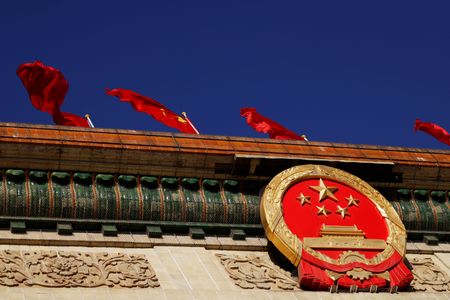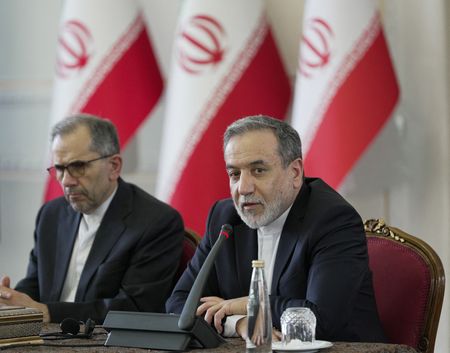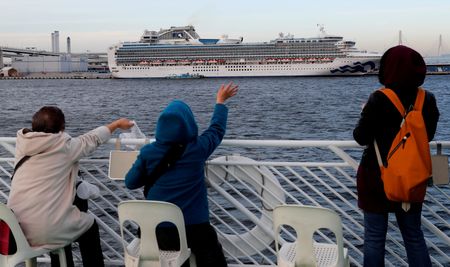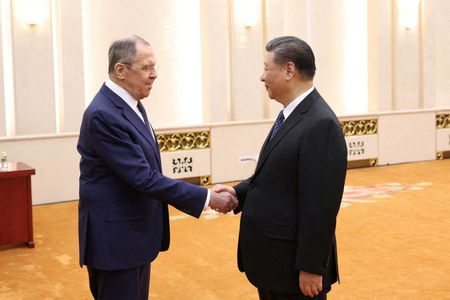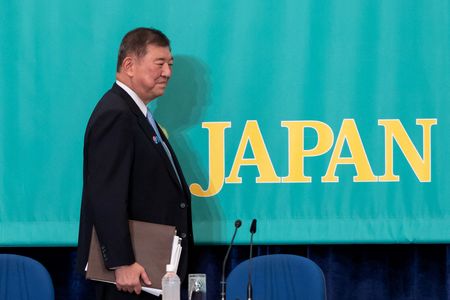By Yimou Lee and Joe Cash
TAIPEI/BEIJING (Reuters) – Taiwan on Wednesday condemned China for provocative behaviour after saying Beijing’s military would hold “shooting” drills off the island’s southwest coast, while a senior Chinese leader vowed unswerving efforts to bring the island under Beijing’s control.
Democratically governed Taiwan, which China views as its own territory, has repeatedly complained of Chinese military activities, including several rounds of full-scale war games during the past three years.
Shortly before 9 a.m. (0100 GMT), Taiwan’s defence ministry said in a statement it had detected 32 Chinese military aircraft carrying out a “joint combat readiness drill” with Chinese warships in the Taiwan Strait area.
“During this period it even blatantly violated international practice by setting up a drills area in waters about 40 nautical miles (74 km) off the coast … without prior warning, claiming that it would carry out ‘shooting training,'” the ministry added.
Taiwan’s major southwestern population centres of Kaohsiung and Pingtung both host important naval and air bases. Kaohsiung is also Taiwan’s largest port and a busy hub for global shipping.
The exercises endanger the safety of international flights and shipping and are a “blatant provocation” to regional peace and stability, the defence ministry said.
It said it had dispatched its own forces to keep watch.
Late Wednesday, the ministry said that as of 3:40 p.m. (0740 GMT) Chinese forces had left the drill zone, but added Taiwan’s military would continue to monitor the situation.
It did not provide details, but provided brief video footage of a Taiwanese navy officer broadcasting a warning to a Chinese warship and of two Chinese warships on the horizon.
There was no confirmation from China that it was carrying out new drills around Taiwan and its defence ministry did not respond to a request for comment.
China’s other recent military activity in the region, such as that off Australia’s coast, is “proof that China is the only, and the greatest, threat to peace and stability in the Taiwan Strait and the Indo-Pacific,” Taiwan’s ministry said.
China has never renounced the use of force to bring Taiwan under its rule, and has denounced both President Lai Ching-te, who took office last year, as a “separatist,” and the United States for its support for Taiwan.
Lai’s office condemned the drills, but said the government had a “full grasp” of the situation and people could rest assured.
“Maintaining regional peace and stability is the common responsibility of both sides of the Taiwan Strait,” Lai’s spokesperson Karen Kuo said in a statement.
Earlier on Wednesday, China’s official Xinhua news agency said the ruling Communist Party’s fourth-ranked leader, Wang Huning, had called this week for greater effort in the cause of Chinese “reunification.”
China must “firmly grasp the right to dominate and take the initiative in cross-strait relations, and unswervingly push forward the cause of reunification of the motherland,” it quoted Wang as telling an annual meeting on work related to Taiwan.
Taiwan’s government rejects Beijing’s sovereignty claims, saying only the island’s people can decide their future.
SEVERED UNDERSEA CABLES
Taiwan and China also traded barbs this week over the severing of an undersea communications cable off the island’s southwest coast.
Taiwan’s coast guard on Tuesday detained a Chinese-linked cargo ship, flagged in Togo, suspected of involvement, though Beijing said Taiwan was “manipulating” possible Chinese involvement, saying the island was casting aspersions before the facts were clear.
Before its detention, the Chinese-crewed Hong Tai 58 was already on a monitoring list of 52 China-linked vessels that Taiwan security agencies suspect pose a threat to cables because of their past activities near Taiwan, two Taiwan officials familiar with the matter told Reuters.
This is the fifth case of sea cable malfunctions this year for Taiwan. It reported three such cases in 2024 and 2023.
Taiwan has pointed to similarities between what it has experienced and damage to undersea cables in the Baltic Sea after Russia’s invasion of Ukraine.
(Reporting by Yimou Lee and Joe Cash; Writing by Ben Blanchard; Editing by Lincoln Feast, Clarence Fernandez, Gerry Doyle, Tomasz Janowski and Rod Nickel)

